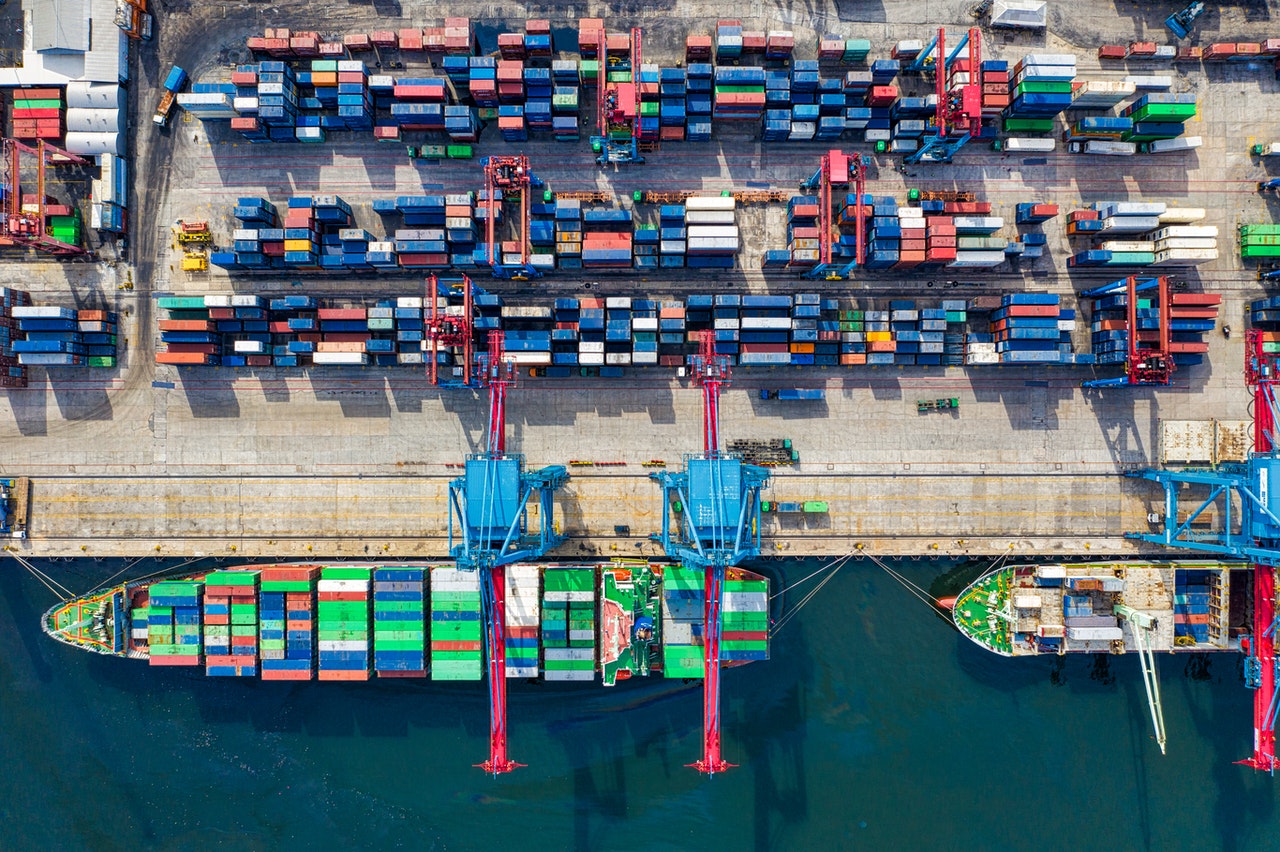With the UK’s exit from the EU now officially achieved, (ongoing wrinkles and wrangles notwithstanding!), many businesses are revisiting the prospects for international trade both within and outside the EU.
For us at the Chamber, international trade is now scheduled to become a year-long focus, and we have added extensive content to our website to give your business access to the international trade resources and services it needs now more than ever, as we explore briefly below.
Tools to fuel the export drive
ChamberCustoms, for example, delivers a customs declarations service for UK importers and exporters of all sizes, including aT1 transit document service to enable goods to travel from the UK to an EU destination country without the need to make an import declaration at the first port of entry into the EU.
We also have a vast network of regional, national, and international partners that offer many other import and export services - including market research, export documentation, consular services, training, and translation/interpretation.
In addition, our own programme of workshops gets hands-on with the knottier topics, including export licence controls, letters of credit, rules of origin, and many others.
It’s all there for you in our exporting pages.
Keeping import duty at bay
On the import front, one of the most significant recent developments that we wanted to draw your attention to is that the duty suspensions on certain imported goods under the EU regime have now been incorporated into post-Brexit UK law.
These goods are typically used in domestic production, and the rules about what is and is not covered are (predictably) complex.
We will of course be issuing further updates as and when import and export regulations change, but in the meantime, if your business is seeking to expand or extend the type of goods it imports - or indeed is looking to import goods for the first time – you can get ahead of the duty suspension curve by consulting the A-Z goods list here.
Foreign workers in the UK – the rules have changed
Many businesses in this region will now need to be aware that the rules relating to employing non-UK and non-Irish workers have changed. Passports and national identity cards no longer suffice to prove the right of applicants from outside the UK and Ireland to work in the UK.
You must now conduct an online check for digital proof of an applicant’s visa to work in the UK. This applies to EU citizens, and, critically, includes even EU, EEA, and Swiss citizens with settled or pre-settled status (although not if employed by the business before 1 July 2021).
The requirement also applies to those with a Hong Kong BNO visa and some other nationalities who have moved to the UK more recently under the points-based immigration system.
Once again, we’ll be looking into these kinds of issues in more detail over the course of the year, but to give yourself a head start you can download the Government’s An employer’s guide to right to work checks here.
Global trade, local help
The overheads, complexity and expense of international trade can seem like a bridge too far for many businesses – particularly when they are still reeling from the uncertainty of Brexit and the ravages of the pandemic.
Our message to you, is clear: when it comes to selling to the world, at Bedfordshire Chamber there is support close to home if you need it.




![The Bedford College Group logo [WHITE]](https://www.chamber-business.com/hs-fs/hubfs/The%20Bedford%20College%20Group%20logo%20%5BWHITE%5D.png?width=139&height=81&name=The%20Bedford%20College%20Group%20logo%20%5BWHITE%5D.png)
